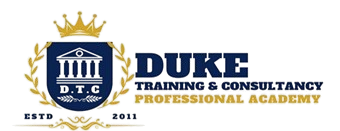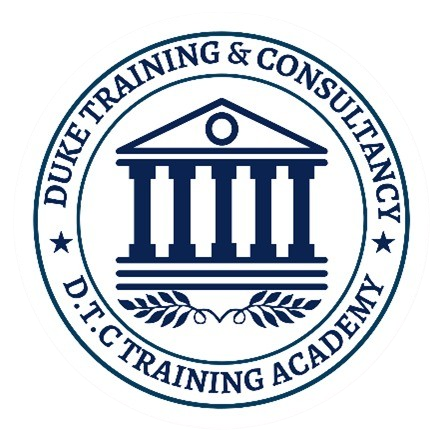Course
Conducting Effective Domestic Inquiries
This course provides comprehensive training on conducting domestic inquiries in the workplace. Participants will learn the A to Z of domestic inquiries, including the process, procedures, and best practices for handling disciplinary matters within organizations.
- To familiarize participants with the concept and purpose of domestic inquiries in the workplace.
- To provide a step-by-step guide on conducting fair, transparent, and legally compliant domestic inquiries.
- To equip participants with the necessary skills and knowledge to act as inquiry officers or panel members.
- To ensure participants understand the principles of natural justice and due process in disciplinary proceedings.
- To empower participants to effectively investigate allegations of misconduct and make informed decisions based on evidence.
- Understanding the purpose and importance of domestic inquiries in managing workplace misconduct and disciplinary matters.
- Knowledge of the procedural requirements and legal principles governing domestic inquiries, including the right to a fair hearing and the burden of proof.
- Skills for conducting thorough investigations, gathering evidence, interviewing witnesses, and documenting proceedings.
- Ability to assess the credibility of evidence, evaluate witness testimonies, and make impartial decisions based on the merits of the case.
- Confidence in drafting inquiry reports, making recommendations, and implementing disciplinary actions in compliance with organizational policies and applicable laws.
HR professionals, managers, supervisors, legal compliance officers, and anyone involved in managing disciplinary matters or serving as inquiry officers within organizations.
This course is relevant across all industries and sectors where disciplinary issues and misconduct may arise, including corporate offices, manufacturing plants, educational institutions, healthcare facilities, and government agencies.
- Introduction to Domestic Inquiries: Purpose and Legal Framework
- Preparing for the Inquiry: Planning and Documentation
- Conducting the Inquiry: Procedures and Best Practices
- Interviewing Witnesses and Gathering Evidence
- Assessing Evidence and Making Determinations
- Drafting Inquiry Reports and Recommendations
- Implementing Disciplinary Actions and Follow-Up

